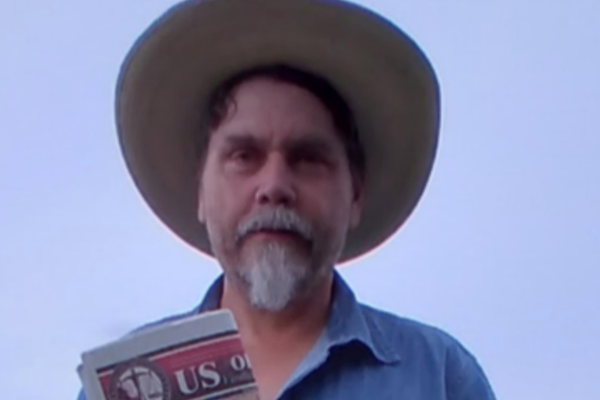
The Presbyterian Church’s recent decision to ban both Acknowledgement of Country and Welcome to Country across all its Australian congregations is a shameful indictment.
These two Aboriginal protocols are a way for the Australian community to recognise First Nations peoples, while paying respect to the Traditional Owners of the land on which they dwell. The decision is deeply disrespectful to all Aboriginal people, especially its own Aboriginal church members — and could be viewed as xenophobic.
What led to the decision can be traced to the church’s 2019 assembly, which asked a committee of past moderators to provide a report on Acknowledgments of Country, with recommendations for their application in Presbyterian contexts.
This committee was appointed as a result of an appeal against the NSW assembly’s decision to allow Acknowledgments of Country in certain circumstances. The moderators were asked to consult the Australian Presbyterian World Mission (APWM) and two Indigenous ministry workers employed to carry out ministry with and for Aboriginal and Torres Strait Islander peoples.
As a Crikey investigation has shown, it did not. This is quite a bruising set of events. The Presbyterian Church collectively ignored the voices of Indigenous ministry workers in their denomination, to be led in a discussion connected to an institution that has significantly benefited from colonisation and stolen lands.
The decision to ban Acknowledgements of Country and Welcomes to Country also shows a telling disregard for the church’s colonial origins.
In 1977 many Presbyterians joined the Uniting Church of Australia, leaving many dwindling congregations. The Presbyterian Church’s survival and influence rely heavily on its substantial property holdings, provided to it by government through colonisation. In the past three decades, many buildings have been leased or sold for vast sums to pay for its growing debts.
The Presbyterian Church ran some of the oldest and largest Aboriginal missions. Bill Ferguson, an Aboriginal man and devout Presbyterian, stated when running for Parliament back in 1949:
Although Aborigines have to pay taxes and are allowed to shoulder a rifle, slave conditions still exist in the Northern Territory and special laws in the states. Aborigines exist under laws only meant to control criminals and lunatics — they are now allowed ordinary human rights … I am speaking the truth when I tell you that your labour is conscripted, your lives regimented. You are governed by what in Germany under Hitler was called Nazism.
Narromine News and Trangie Advocate, Friday, December 9, 1949, p1.
This statement has been well documented over the years by Aboriginal scholars and by Aboriginal personal accounts of horrific living conditions, racist treatment and oppression.
There are significant documents regarding the old Mapoon Mission and what took place many decades ago. The mission was one of the properties owned by the Presbyterian Church and sold after the discovery of bauxite deposits on the Cape York Peninsula. In January 1958, the Commonwealth Aluminium Corporation (known then as Comalco, and today a subsidiary owned by Rio Tinto) began mining across 5,800 square kilometres of Cape York, which included the land occupied by both Weipa and Mapoon Missions.
Aboriginal people were forcibly removed from their lands by police, government and church. The North Queensland Aboriginal Advancement League published information that alerted the Federal Council for Aboriginal Advancement (FCAA). The FCAA campaigned for the rights of Tjungundji, Yupungatti and Tanikutti nations to remain on their land. Nonetheless, on November 15, 1963, police were brought in to force people to leave their homes.
The FCAA told Aboriginal activists that its fifth and guiding principle was “the absolute retention of all remaining reserves with native communal or individual ownership”. It also pointed out that the actions of the Queensland Department of Native Affairs broke Article 9 of the Universal Declaration of Human Rights, which states that “no-one shall be subjected to arbitrary arrest, detention or exile”. The issue was taken up by the London Anti-Slavery Society, whose secretary, Thomas Fox-Pitt, pointed out to the Queensland minister for Native Affairs, W.H. Noble, that the world was watching these events.
So how, I wonder, do the Aboriginal Presbyterian church members feel about this decision to ban Welcomes to and Acknowledgements of Country? And what do they have to say about a church that doesn’t give them any recognition, respect or a voice? Do they see it as another betrayal?







